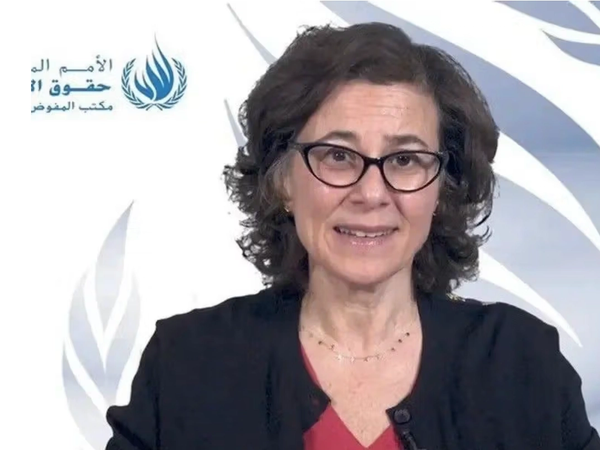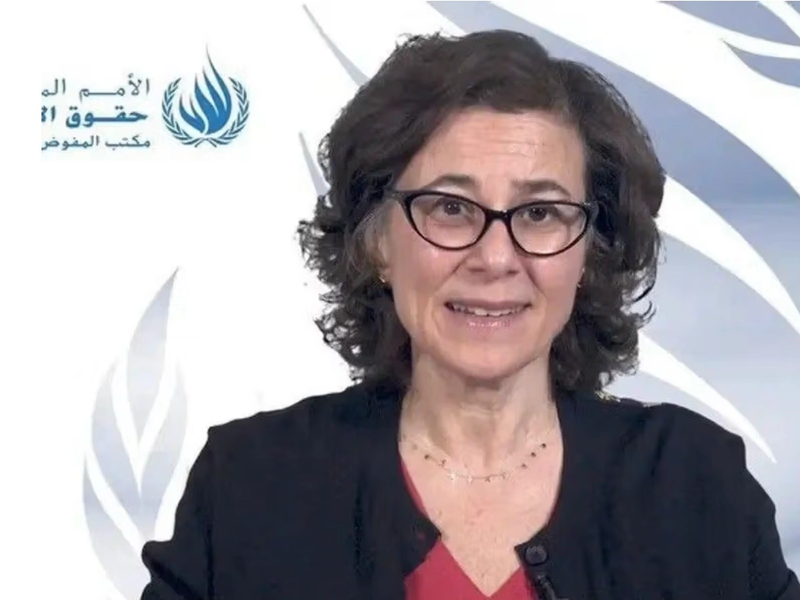A senior United Nations human rights official on Monday called on the international community to use dialogue, incentives and accountability measures to press the Taliban to respect human rights, particularly the rights of women and girls.
Nada Al-Nashif, the UN deputy high commissioner for human rights, told the Human Rights Council that the Taliban’s discriminatory and repressive policies amounted to gender-based persecution. She said bans on education, employment and participation in political, social and civic life had affected “every aspect” of Afghan women’s lives.
Al-Nashif warned that restrictions on women’s medical education were undermining Afghan women’s and girls’ right to health, including reproductive services. She also cited the Taliban’s Virtue and Vice law as a measure that has deepened gender discrimination in families and society.
She urged governments to back independent investigations and prosecutions of human rights violations in Afghanistan, stressing that efforts to ensure accountability must be multi-dimensional.
Al-Nashif said the international community and all UN member states must find effective ways to engage with the Taliban to push the group towards respecting its international obligations.

